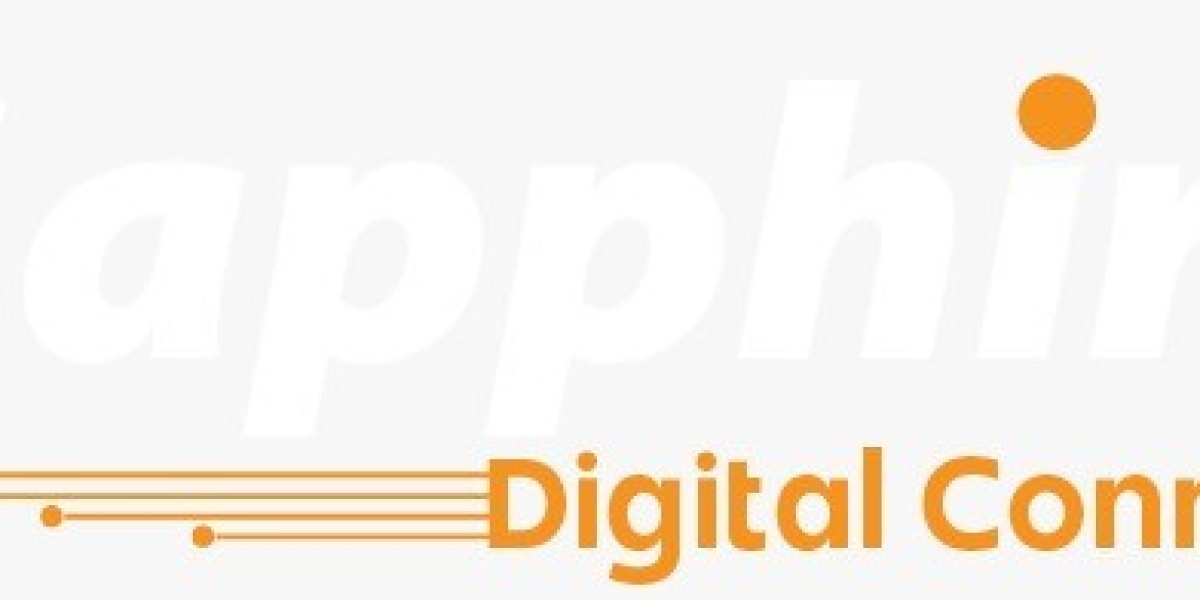In today’s fast-paced digital marketing world, Pay Per Click (PPC) has become a powerful tool for businesses aiming to increase visibility, drive traffic, and generate high-quality leads. Whether you're a small business owner, digital marketer, or SEO enthusiast, understanding PPC is essential for creating effective advertising strategies.
What is Pay Per Click (PPC)?
Pay Per Click, commonly abbreviated as PPC, is an internet advertising model used to drive traffic to websites. Advertisers pay a fee each time their ad is clicked, hence the term pay per click. Essentially, it's a way of buying visits to your site, rather than attempting to “earn” them organically through SEO.
The most popular PPC platform is Google Ads, but others like Bing Ads, Facebook Ads, LinkedIn Ads, and Twitter Ads also operate under similar models.
How Does PPC Work?
PPC works through a bidding system. Advertisers select relevant keywords related to their business and set a maximum bid they're willing to pay per click. When a user enters a search query that matches the keywords, the platform triggers an auction, and the ads appear based on:
Bid amount
Ad relevance
Landing page quality
Expected click-through rate (CTR)
The goal is to get your ad placed at the top of search engine results, ensuring better visibility.
Benefits of Pay Per Click Advertising
Immediate Results
Unlike SEO, which takes time, PPC delivers fast results. Once your ad is approved, it can start generating traffic instantly.Highly Targeted
You can target your ads by demographics, location, device type, time, language, and even behavior. This precision ensures higher conversion rates.Measurable ROI
PPC platforms offer detailed analytics. You can measure impressions, clicks, conversions, and return on ad spend (ROAS) to understand the effectiveness of your campaign.Budget Control
Set your daily or monthly budget, and never overspend. You only pay when someone clicks your ad.Brand Exposure
Even if a user doesn’t click your ad, seeing it builds awareness and brand recall.
Best Practices for a Successful PPC Campaign
✅ Keyword Research
Use tools like Google Keyword Planner, SEMrush, or Ahrefs to find high-performing and low-competition keywords.
✅ Compelling Ad Copy
Your ad should be clear, concise, and include a strong call to action (CTA) like “Buy Now”, “Get a Quote”, or “Free Trial”.
✅ Optimized Landing Pages
The page users land on must be relevant to the ad. Ensure it’s fast, mobile-friendly, and encourages conversions.
✅ Monitor & Optimize
Track the performance of your ads. Pause underperforming ads, split test different versions, and keep optimizing for better ROI.
Who Should Use PPC?
E-commerce stores
Local service providers
Freelancers
Digital marketers
Startups needing immediate traffic
If you're launching a new product or promoting a limited-time offer, PPC is one of the most efficient ways to reach your target audience quickly.
Conclusion
Pay Per Click (PPC) is more than just a marketing buzzword — it’s a data-driven strategy that brings quick, measurable results. When done right, it helps boost your website traffic, brand exposure, and ultimately, your revenue. If you haven’t explored PPC yet, now is the time to start tapping into its powerful potential.






